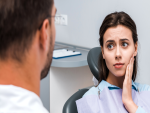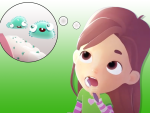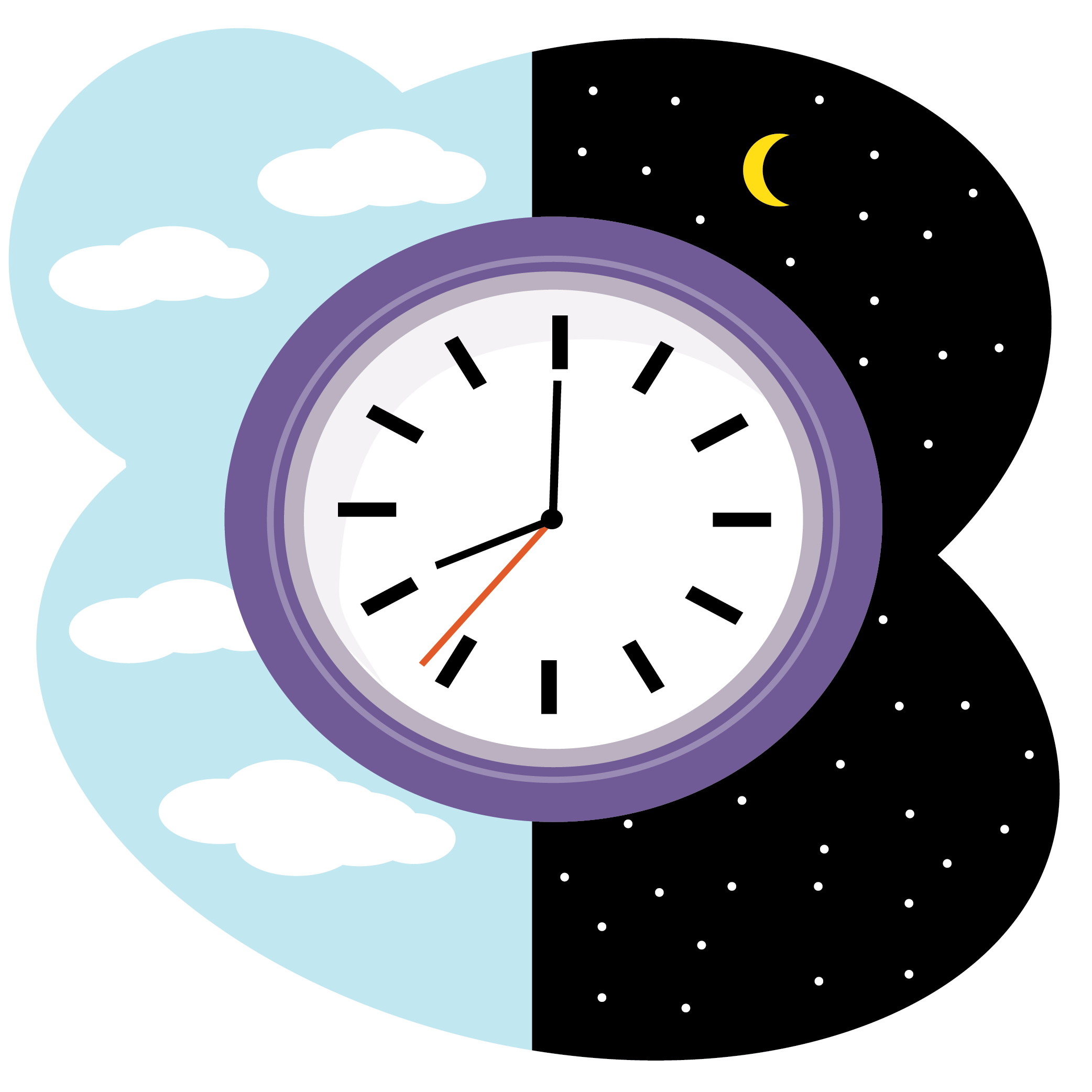
Should mouthwash be included in my daily routine?
Mouthwash cannot replace the key components of a strong oral health routine (toothbrushing and flossing), but it can be used for additional cavity protection, teeth whitening, breath freshening, and more, depending on the type of mouthwash used.
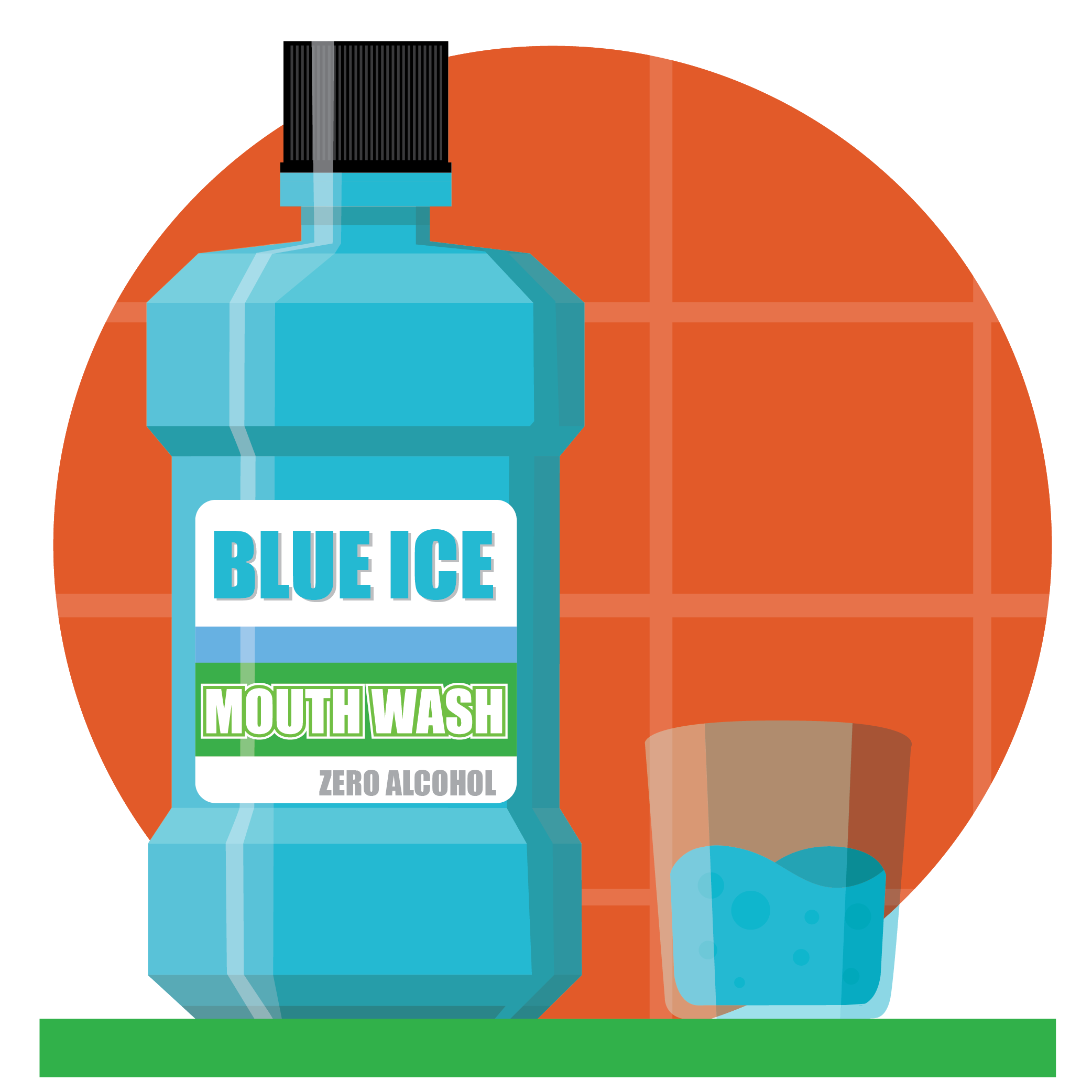
Mouthwash can also be used for a variety of purposes. For example, mouthwash can help with preventing tooth decay, reducing dry mouth (if product is designed for dry mouth relief), managing gingivitis (gum disease), freshening breath (reducing halitosis) and whitening teeth. You should speak to your dentist for a recommendation that meets your specific needs
For children: Generally, children age 6 and younger should not use mouthwash. Before allowing your child to use it, be sure they are capable of spitting the wash out and not swallowing it. If your child still tends to swallow toothpaste, they should wait to use mouthwash. You should also check to be sure the product is alcohol-free and that the fluoride amount is appropriate for children. A dentist and pediatrician should be consulted before introducing mouthwash to your child’s routine.
How do I use mouthwash?
Refer to specific instructions on bottle or product packaging before use.
General guidelines: Use mouthwash after brushing and flossing by taking a small amount (recommended by manufacturer on product label) into mouth and swishing around for 30-60 seconds (time recommended on product label) then spit out. It’s best not to eat or drink for about 30 minutes after use.
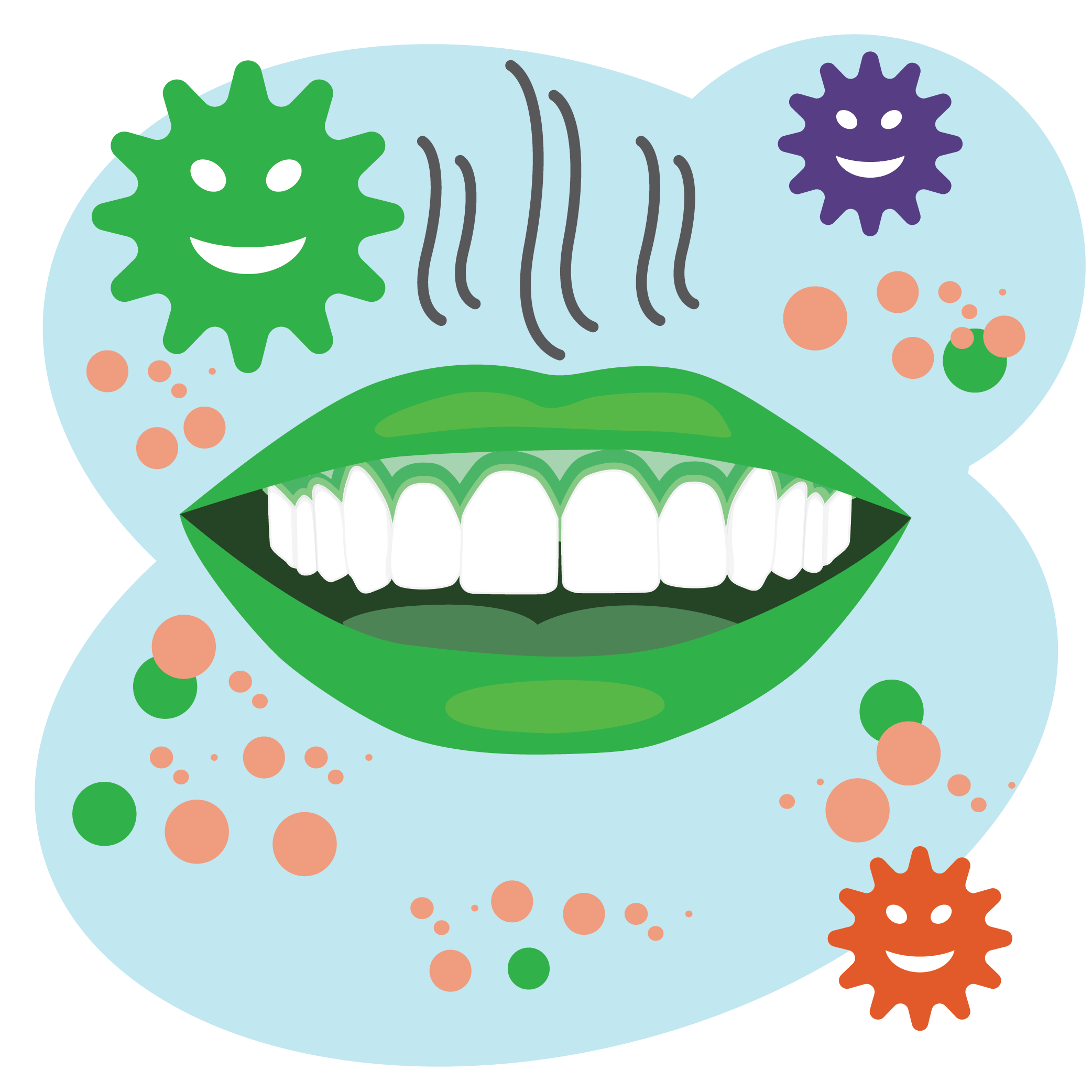
Is there anyone who should or should not use mouthwash?
Should: Mouthwash helps reduce the bacteria in your mouth responsible for bad breath, cavities and gum disease. It can also treat other oral health concerns and symptoms. Speak with your dentist to see if it could benefit you.
Should not: children under 6 years old should not use mouthwash since they will have difficulty with swishing and spitting out the rinse.
Sources:
- https://www.deltadental.com/us/en/protect-my-smile/oral-health-habits/mouthwash.html
- https://www.wearebitesize.com/is-it-safe-for-kids-to-use-mouthwash/
- https://www.ada.org/resources/research/science-and-research-institute/ada-seal-of-acceptance
- https://www.ada.org/resources/research/science-and-research-institute/oral-health-topics/mouthrinse-mouthwash
This information in this post is for general educational purposes only and does not warrant or represent any information as related to health as specifically appropriate for you. It is not intended to be medical advice or replace the relationship that you have with your health care providers. You should always seek medical advice on any diagnosis or treatment from a qualified health care provider. The information is provided “as is” without any representations or warranties, express or implied.


